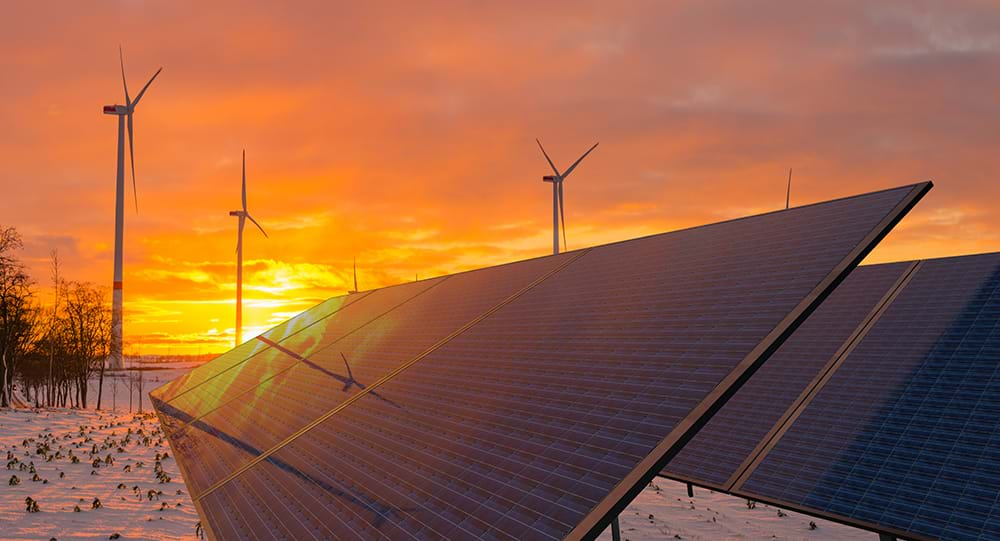
Eneco no longer wants to invest in offshore wind farms

Wind farms are becoming increasingly expensive, but the chance that the investment will be recouped becomes smaller /eneco.be
Dutch energy provider Eneco no longer wants to invest in offshore wind farms. The energy company withdrew just when Belgium announced the co


Comments
Ready to join the conversation?
You must be an active subscriber to leave a comment.
Subscribe Today